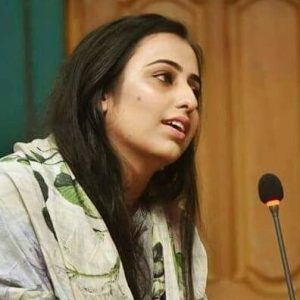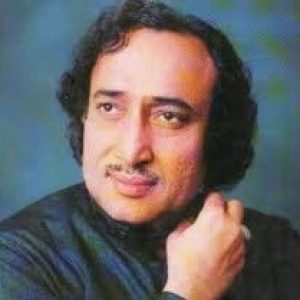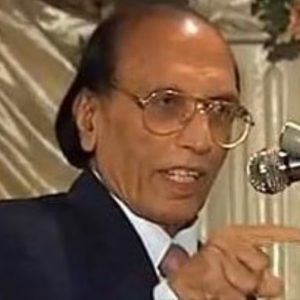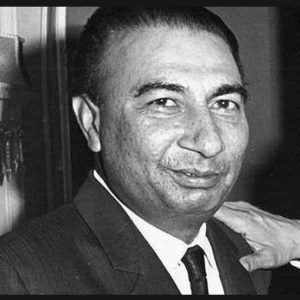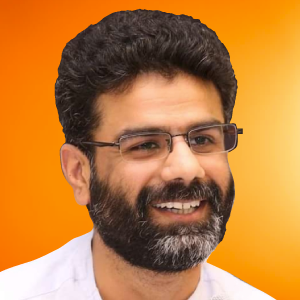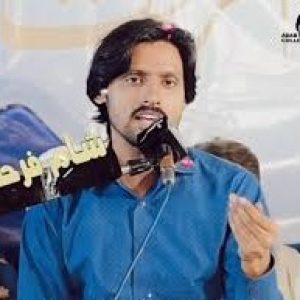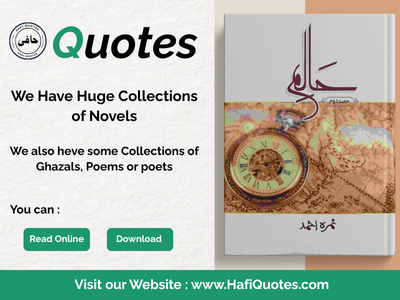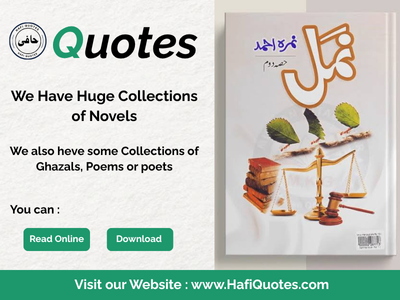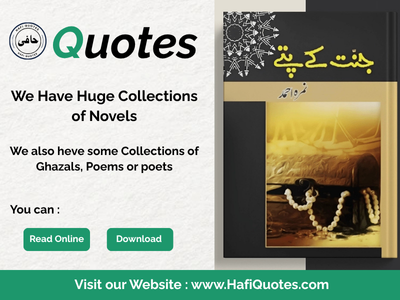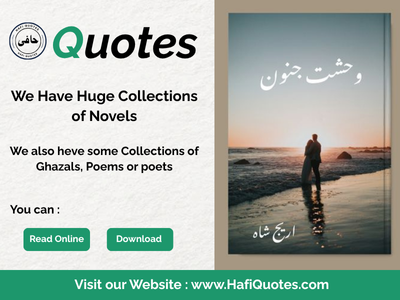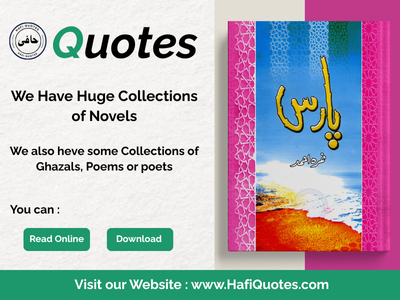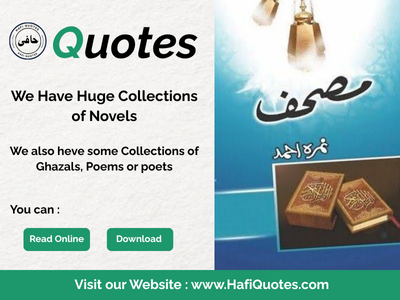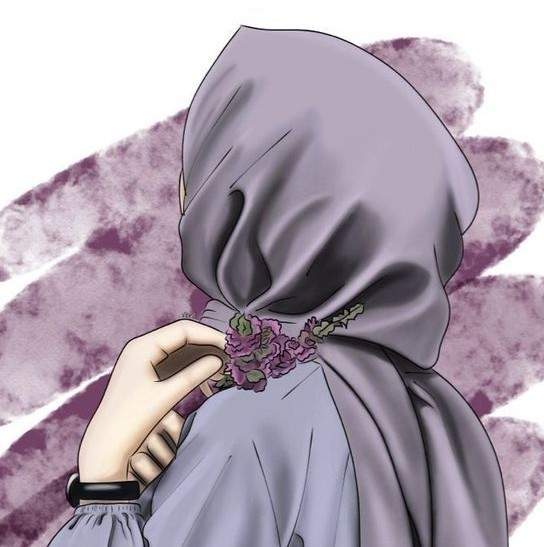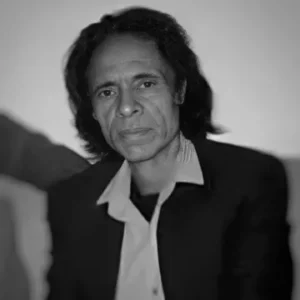
JAUN ELIA
Amroha, Uttar Pradesh, India
About The Poet
Jaun Elia (14 December 1931 – 8 November 2002) was a legendary Pakistani poet, philosopher, biographer, and scholar, widely regarded as one of the most influential modern Urdu poets. Known for his rebellious intellect and unorthodox style, Elia’s work blended deep emotional insight with existential themes and dark humor. He was profoundly knowledgeable in philosophy, logic, Islamic history, Shia theology, Western literature, and Kabbala.
Born in Amroha, British India (now in Uttar Pradesh), Elia migrated to Karachi, Pakistan, after the partition in 1947. He earned a degree in philosophy from the University of Karachi and later worked as a journalist and translator.
Though he began writing poetry early in life, his first collection, Shaayed (“Maybe”), wasn’t published until 1991. This was followed by critically acclaimed works such as Yaani (“That Is”), Gumaan (“Conjecture”), Lekin (“But”), and Goyaa (“Perhaps”).
Elia’s poetry is known for its raw honesty, melancholic introspection, and philosophical depth. He often wrote about love, loss, identity, and the absurdities of existence, all laced with sharp wit and irony.
As he once wrote:
“Mujh se meri mohabbat ke fasane na kaho,
Main bhi uljha hoon, uljhan mein zamana bhi rahe.”
(Don’t speak of tales of my love—
I myself am tangled; let the world remain tangled too.)
His words resonated with many who felt disillusioned by society:
“Yeh mujhe chain kyon nahin padta,
Ek hi shakhs tha jahan mein kya?”
(Why can’t I find peace?
Was there only one person in the whole world?)
A vocal critic of societal hypocrisy and the state, Elia’s tone often carried a biting edge:
“Main bhi bahut ajeeb hoon, itna ajeeb hoon ke bas,
Khud ko tabah kar liya aur malal bhi nahin.”
(I’m strange—so strange, in fact—
I destroyed myself, and feel no regret.)
Jaun Elia passed away in Karachi on 8 November 2002, at the age of 70. His death was a profound loss to Urdu literature, but his legacy endures through his poetry, which continues to captivate and inspire readers worldwide. His verses have been translated into many languages, including English, French, and Arabic, and remain celebrated for their emotional power, intellectual richness, and stylistic innovation.
“Us ko bichhad ke dekh liya hai,
Phir kisi shakhs se kya kehna.”
(I’ve seen what it is to part from her—What is left to say to anyone else?)
- Born: 14 December 1931
- Died: 8 November 2002
- Died Location: Karachi, Pakistan
- Born Location: Amroha, Uttar Pradesh, India

